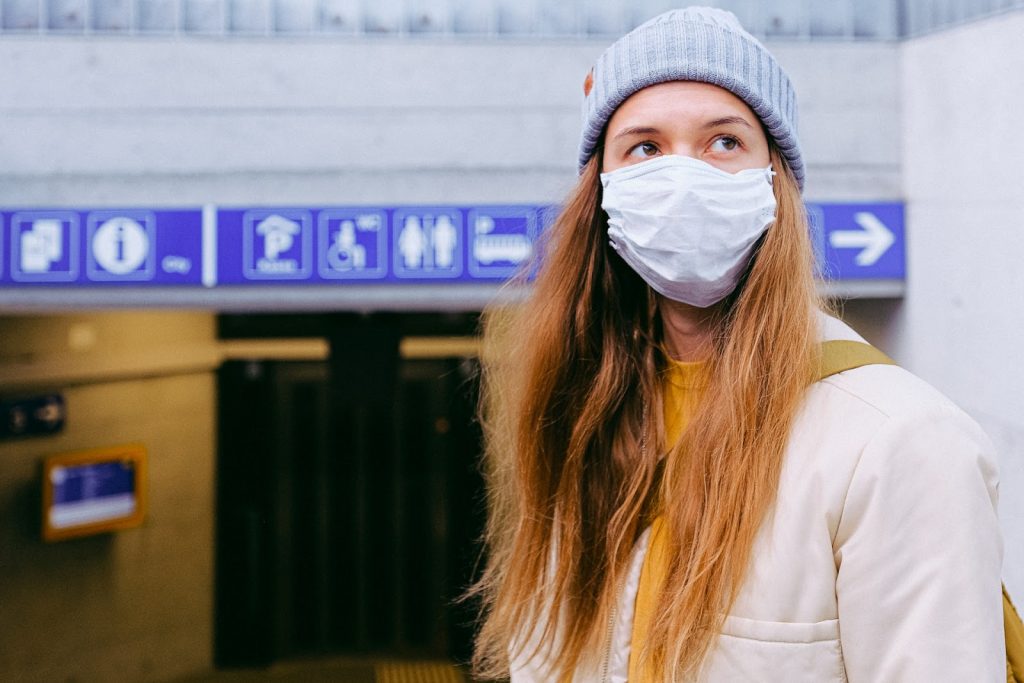Everybody wants to travel and enjoy themselves without worrying about getting sick. Unfortunately, it happens sometimes. The following are some steps you can take to avoid such a situation and what to do if the unthinkable should happen.
How to Avoid Getting Sick When Traveling
Nowadays, more and more people are taking trips outside of London. To avoid getting sick while traveling, follow these simple steps. Wash your hands frequently, especially before eating, avoid touching your face, and drink plenty of fluids — at least two liters per day — and up to three liters in a heatwave. And remember to pack any medications in your hand luggage.
Traveling With Medication
When traveling with medication, you must check that the drug is legal in your destination country. Some countries have strict laws about what kinds of medicine can be brought in. You should also check whether you need a special permit to bring your medicines into the country. In addition, make sure to pack your medication in its original container, and be sure to keep it in a cool, dry place.
Remember that your medication may not work as well in a different climate, so it’s important to pack enough for the entire trip. And don’t forget to pack any other items you might need, such as an inhaler or EpiPen.
If You Do Fall Ill
If you do happen to get sick while you’re away from home, the first thing you should do is consult with a doctor or pharmacist. Many over-the-counter medications are available for common ailments such as colds and stomach bugs. If your symptoms are more severe or you have a chronic illness, you may need to visit the hospital — which is why it’s vitally important you purchase the correct travel insurance before you leave to cover any medical bills. And remember to always pack a first aid kit. It could be a lifesaver.
What to Pack in Your Travel First Aid Kit
Here are some items that should be included in your kit and what they’re used for.
- Adhesive bandages. These are useful for covering minor cuts and scrapes. They can also be used to hold the gauze in place.
- Gauze pads. Gauze pads can be used to cover larger cuts and scrapes. They can also apply pressure to an injury, which can help stop bleeding.
- Antibiotic ointment. This can be used to treat minor cuts and scrapes. It can also be used to prevent infection in more severe injuries.
- Pain relievers. Pain relievers can help to ease pain and discomfort. They can also help reduce inflammation.
- Tweezers. Tweezers can be used to remove splinters or ticks. They can also grab small objects that have fallen into hard-to-reach places.
- Scissors. Scissors can be used to cut gauze or adhesive bandages. They can also be used to trim hair or nails.
It’s also a good idea to include any pertinent medical information on your phone or tablet. This way, you can show doctors your medical history in case you need it. Consider assembling your records in a PDF that you can easily upload to your device. There are also tools available that can help you combine multiple pages into one PDF. By combining and adding pages, you won’t have to have multiple files taking up space on your device.
Be Prepared
By following these simple tips, you can hopefully avoid getting sick while traveling, and if you do happen to fall ill, you’ll be prepared. If you’d like your next holiday to include a luxury condo close to the beautiful beach of Marina Del Rey, look no further than Nick’s Beach Rentals.
Image via Pexels
